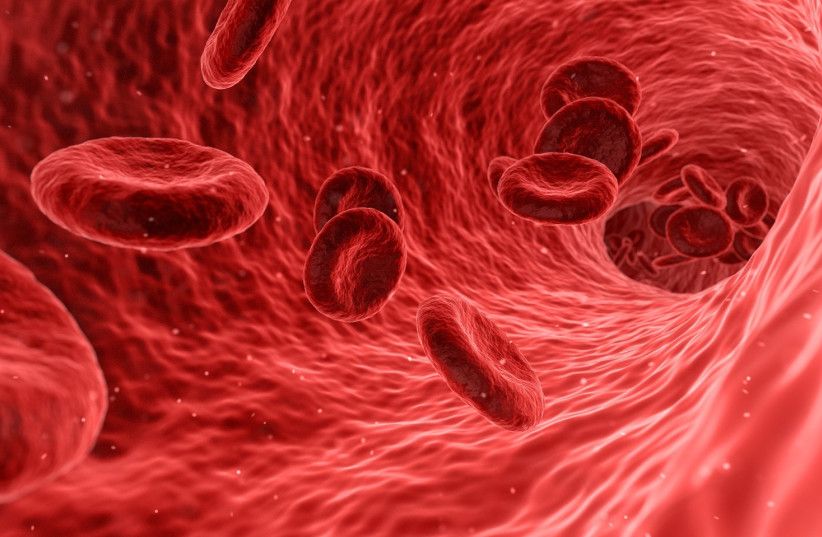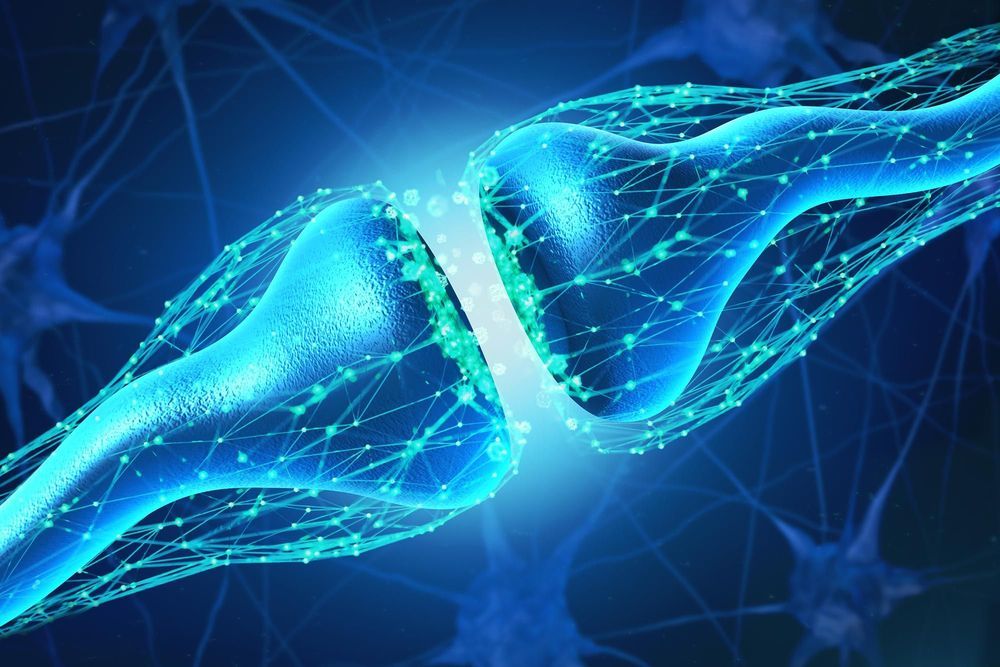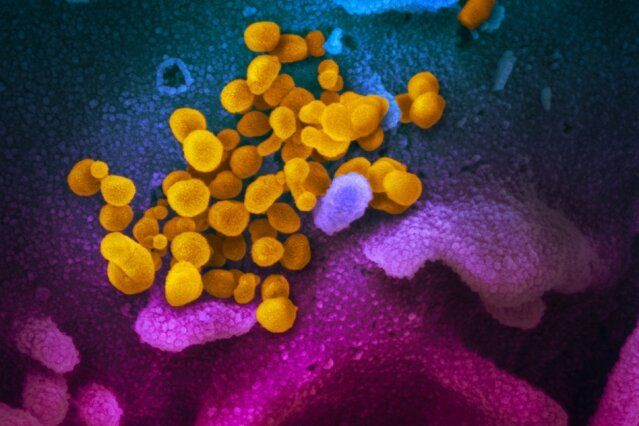A research team at Hadassah-University Medical Center in Jerusalem’s Ein Kerem has discovered what they believe causes coronavirus patients to become seriously ill and even die. They also say they have a way to treat the cause before it’s too late.
At least 30% of patients with coronavirus develop blood clots that block the flow of blood to their kidneys, heart and brain, as well as the lungs, according to international research.
Hadassah researchers discovered that the patients who form these fatal clots have an increased level of alpha defensin protein in their blood, explained Dr. Abd Alrauf Higavi, who directs a lab at Hadassah and has been studying blood clots for 30 years.
“Patients with mild symptoms have a low concentration of alpha defensin,” he said. “Patients with strong disease symptoms have high levels. The people who die have very high levels.”
The Hadassah team studied more than 700 blood samples from 80 patients who were admitted to the medical center during the first peak of the coronavirus outbreak in Israel. The results show that alpha defensin speeds up blood clot formation, which can cause pulmonary embolism, heart attacks and stroke. In addition, when blood clots form in the alveoli, whose function it is to exchange oxygen and carbon dioxide molecules to and from the bloodstream, this can lead to respiratory distress and eventually intubation.
Multiple studies have shown that around 80% of coronavirus patients who are intubated have died.








